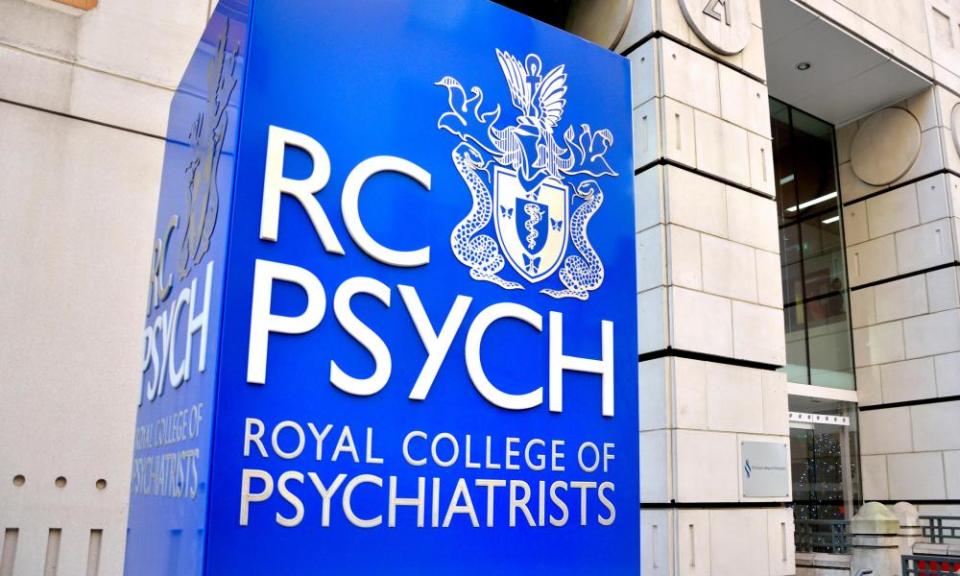Children’s NHS mental health referrals double in pandemic

Record numbers of children and young people are seeking access to NHS mental health services, figures show, as the devastating toll of the pandemic is revealed in a new analysis.
In just three months, nearly 200,000 young people have been referred to mental health services – almost double pre-pandemic levels, according to the report by the Royal College of Psychiatrists.
Experts say the figures show the true scale of the impact of the last 18 months on children and young people across the country.
“These alarming figures reflect what I and many other frontline psychiatrists are seeing in our clinics on a daily basis,” said Dr Elaine Lockhart, the college’s child and adolescent faculty chair. “The pandemic has had a devastating effect on the nation’s mental health, but it’s becoming increasingly clear that children and young people are suffering terribly.”
The college analysed NHS Digital data on mental health referrals for children and young people aged 18 and under. It found that between April and June this year, 190,271 children aged 18 and under were referred to children and young people’s mental health services – almost twice the number (97,342) referred during the same period in 2019.
Urgent referrals had also risen steeply. From April to June in 2019, 5,219 children and young people were referred for urgent care. This rose to 8,552 in 2021, the college said.
At the end of June, 340,694 people were in contact with children and young people’s mental health services, up from 225,480 in June 2019.
Lockhart said early help for children and young people would be “key to recovery” as she called on the newly appointed education secretary, Nadhim Zahawi, to prioritise children’s mental health.
Schools should have plans in place to respond to pupils’ mental health needs, she added. There must also be more investment in staff training to improve the rollout of mental health support teams.
“Early intervention is key to recovery,” said Lockhart. “Schools have a critical role to play in this and the education secretary must do all that he can to prioritise pupils’ mental health. Children’s mental health services must also be properly funded and properly staffed if we are to treat the ever-growing number needing mental health care. Without investment we run the risk of many more needing crisis help.”
Eating disorder treatment services were seeing more patients than ever, the college said, but it also warned of an “unprecedented” number of children still waiting for care.
One mother whose teenage daughter relapsed into anorexia during the pandemic, who did not wish to be named, said: “The pandemic has been devastating for my daughter and for our family. The disruption to her normal routines and socialising really affected her recovery. She was spending a lot less time doing the things she enjoys and a lot more time alone with her thoughts.
“Unfortunately, she relapsed, becoming so unwell she was admitted to hospital and sectioned. After 72 days in hospital with no specialist eating disorder bed becoming available, we brought her home where I had to tube-feed her for 10 weeks.
Related: The Guardian view on children’s mental health: ministers must pay up | Editorial
“My daughter urgently needed specialist help for this life-threatening illness, but services are completely overwhelmed because so many young people need help. It’s a terrifying situation for patients and families to be in.”
A government spokesperson said it had prioritised getting pupils back to school and was investing £79m to expand children’s mental health services.
An NHS England spokesperson added: “While there is more to do, the NHS has already set up mental health crisis lines, put more support in schools so that help is available at an earlier stage, as well as setting out ambitious plans to treat an additional 345,000 children and young people each year thanks to the NHS Long Term Plan.”
In the UK, Samaritans can be contacted on 116 123 or email jo@samaritans.org. You can contact the mental health charity Mind by calling 0300 123 3393 or visiting mind.org.uk, or YoungMinds.

 Yahoo Finance
Yahoo Finance 